This articles's author Brad White, R.Ph
Working as a pharmacist in New Philadelphia for the last 20 years has provided me with an opportunity to meet and learn from thousands of patients. There have been a lot of opportunities to help improve the quality of life of patients, and those experiences have been very rewarding both personally and professionally. There are also those occasions when you are standing across from a person who is so desperate for help, for a solution, for anything that can ease their pain or make them feel better. Those are the challenging times that you wish you had the power and the knowledge to provide a remedy for what ails them.
Just last week I traveled to an educational pharmacy conference that shared developing research on a variety of topics in medicine, and one topic has me really excited! It is called Low Dose Naltrexone (LDN).
What Are Common Health Conditions That LDN Therapy Has Shown Benefits?
Cancer
Crohn’s Disease
Fibromyalgia
Multiple Sclerosis
Anti-Inflammatory
AIDS/HIV
Complex Regional Pain Syndrome
Posttraumatic Stress
Psoriasis and Eczema
Over the last several years there has been an explosion in research on LDN to treat a variety of autoimmune diseases. PubMed, a literature repository for the US National Library of Medicine, lists 230 published studies from respected academic organizations like Stanford, Harvard, Penn State, Brown University and the Mayo Clinic. LDN is most commonly used to treat Fibromyalgia, Chronic Fatigue, Multiple Sclerosis, Psoriasis, and Autoimmune Thyroid Diseases. Additional research is being conducted on over 100 other health conditions.
What is LDN and How Does It Work?
Low-dose Naltrexone (LDN) therapy was developed in 1985 by Dr. Bernard Bihari, a Doctor of Internal Medicine, Psychiatry and Neurology. Dr. Bihari found that AIDS patients had 20% of the normal endorphin levels of healthy patients. Dr. Bihari’s key discovery was that 1% of the normal dose of naltrexone caused an unusual effect of a 300% increase in endorphin levels!
Endorphins are chemicals that interact with receptors in your brain that reduce the perception of pain. Endorphins also trigger a positive feeling in the body, often described as euphoric. This feeling can be accompanied by a positive and energizing outlook on life and a sense of well-being resulting in less pain. Low levels of endorphins are associated with the opposite effect: physical and emotional pain and depressed feelings. Naltrexone has several mechanisms of action that have an effect on opioid receptors that are distributed throughout the brain, spinal cord, nervous system, and digestive tract. LDN appears to enhance immune function and improve the inflammatory reaction.
Why Haven’t I Heard About This Before?
Naltrexone was patented in 1967 approved by the FDA in 1984 for heroin addiction using a 50mg dose and in 1995 the FDA approved it for treatment of alcoholism. Dr. Bihari’s creative application of a medication that is not controlled by a pharmaceutical company has provided a platform for hundreds of independent research projects that may benefit millions of patients worldwide.
The mechanism of action increases endorphin release, and it appears these endorphins can modulate the immune response. More research needs to be done but LDN appears to have promising benefits in a variety of health conditions. On the other hand, higher doses like 50mg doses appear to overwhelm the receptors and negate the immune system effects.
How Is LDN Therapy Initiated?
LDN is a prescription therapy that requires you to work with a physician and your pharmacist. Your doctor will generally begin therapy at a low dose and increase gradually over several weeks until your condition has stabilized and you are side effect free. Doses start generally at 0.5mg and slowly titrate up depending on your health condition and side effect tolerance. Because a pharmaceutical company does not make LDN, prescriptions can only be filled by an accredited and licensed compounding pharmacy.
What Are The Side Effects?
The most common side effects of LDN are sleep disturbances, often due to endorphin response, vivid dreams, or insomnia. Side effects generally resolve in four to seven days. Only 10% of the cases reported side effects for more than a week.
LDN has great potential with clinical research to support multiple immuno-modulated disease states. It is non-toxic and has a low side effect profile. It can be dosed both orally and topically and there is evidence to support use.
LDN doesn’t work for everyone and the slow titration in dose schedule is important, your pharmacist can work with you and your physician to help you achieve the optimal outcome. If you are in a position where you have tried multiple therapies and specialists searching for a solution to your health problems, then LDN may be an option you should learn more about. LDN is a cost effective therapy that promises to evolve in the next decade as more research is done to evaluate the benefits.
How Can I Learn More?
The Medicine Center Pharmacy in New Philadelphia is your resource in Northeast Ohio for LDN information. Brad White R.Ph. is a graduate of Purdue University School of Pharmacy and has experience with customized medication solutions and operates the only PCAB Accredited Compounding Pharmacy in East Central Ohio.
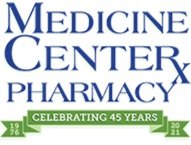

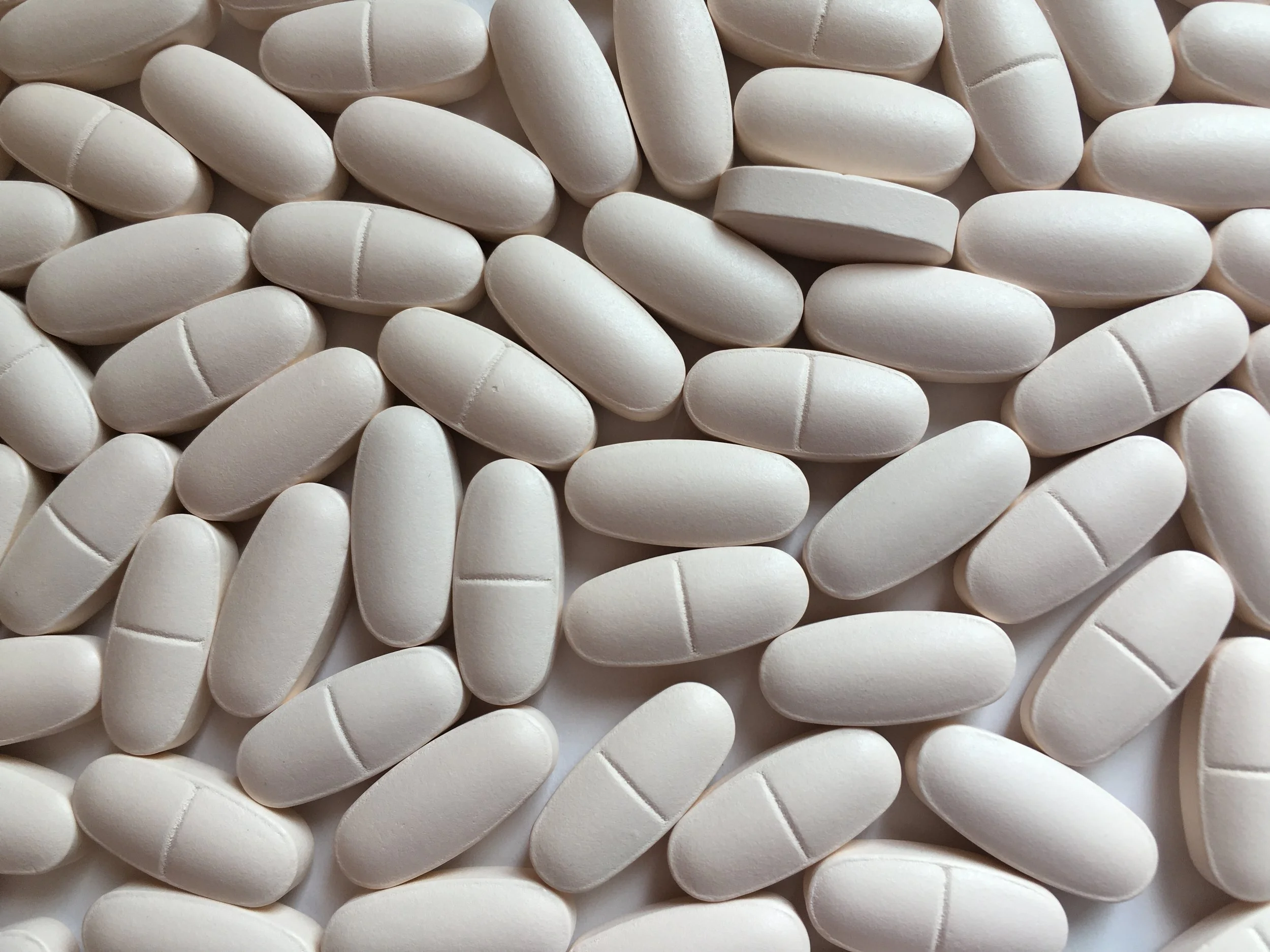








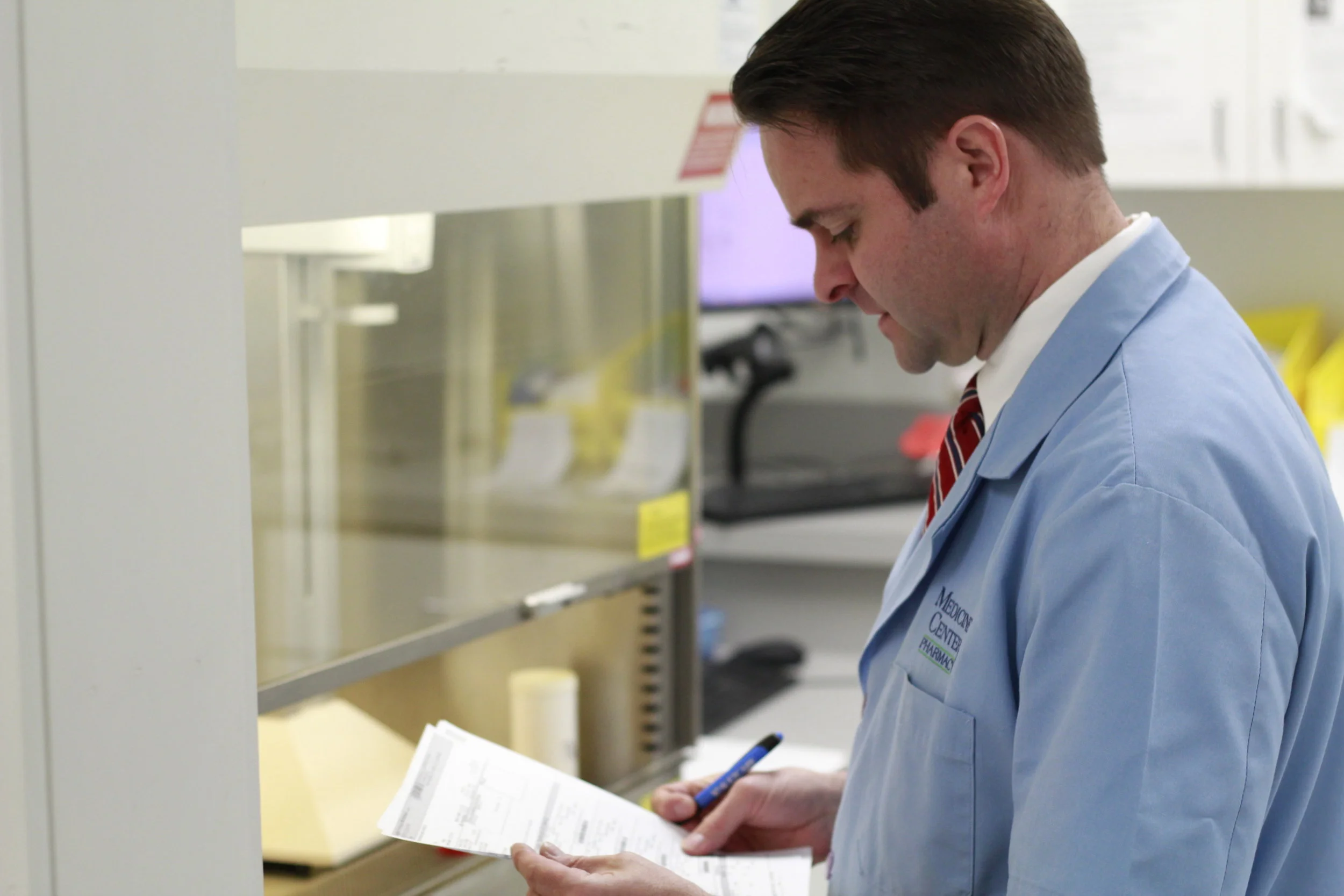








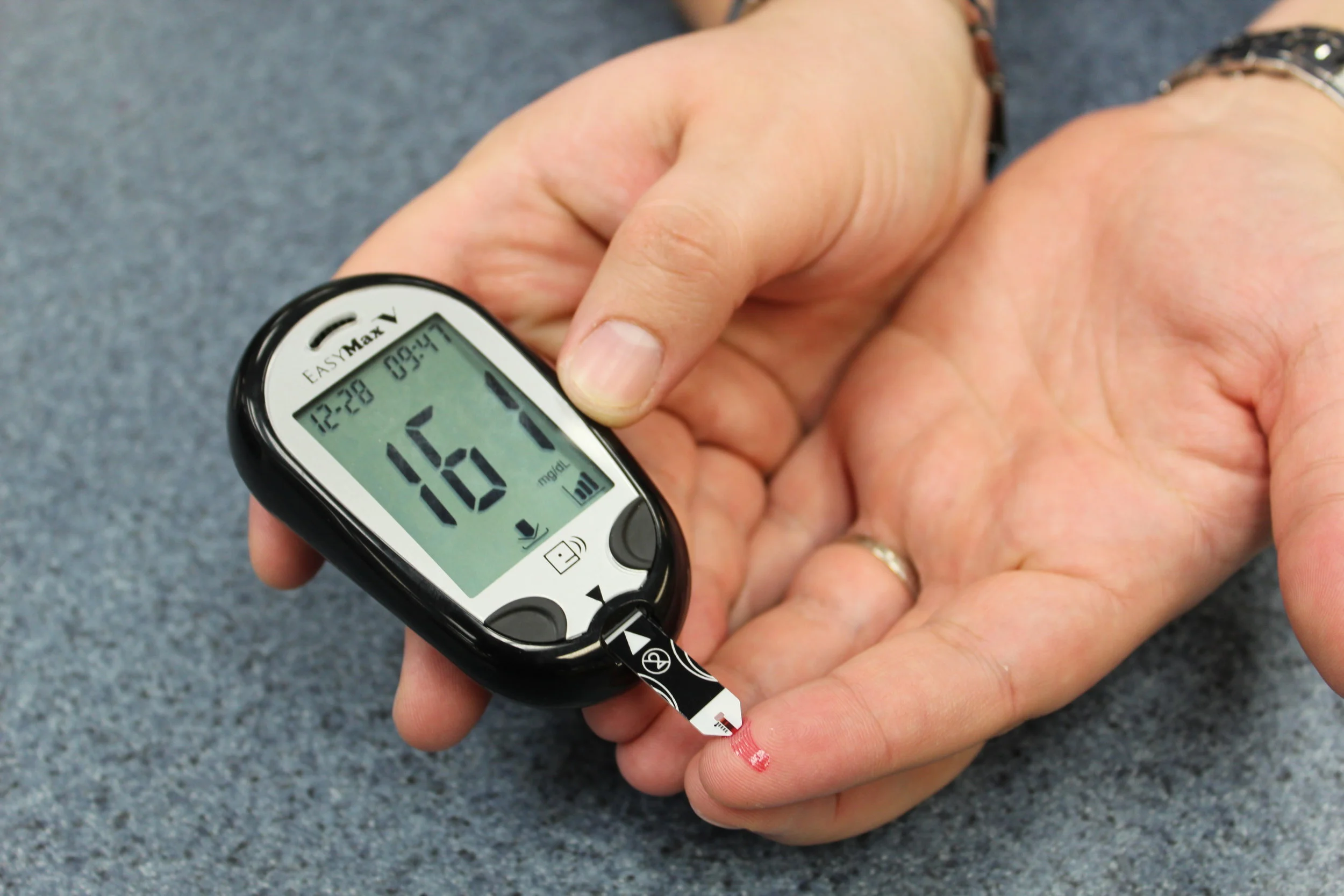





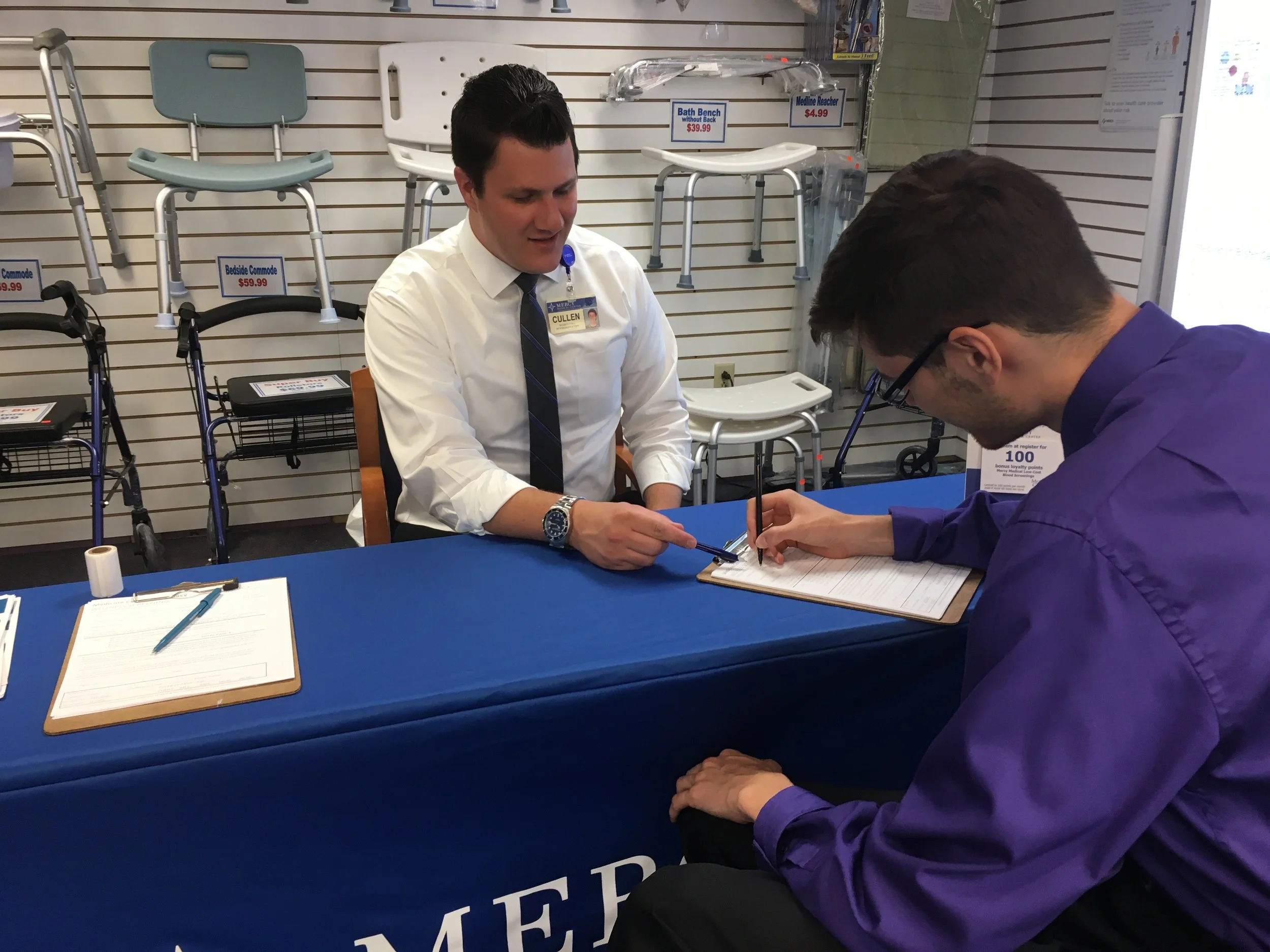


Autoimmune diseases are a complex group of conditions in which the immune system mistakenly attacks healthy cells and tissues. While treatment options exist to manage symptoms, there is no known cure for autoimmune diseases. However, recent research has shed light on the potential benefits of Low Dose Naltrexone (LDN) in managing these conditions. In this blog post, we'll explore some of the latest research findings on the use of LDN in autoimmune diseases.